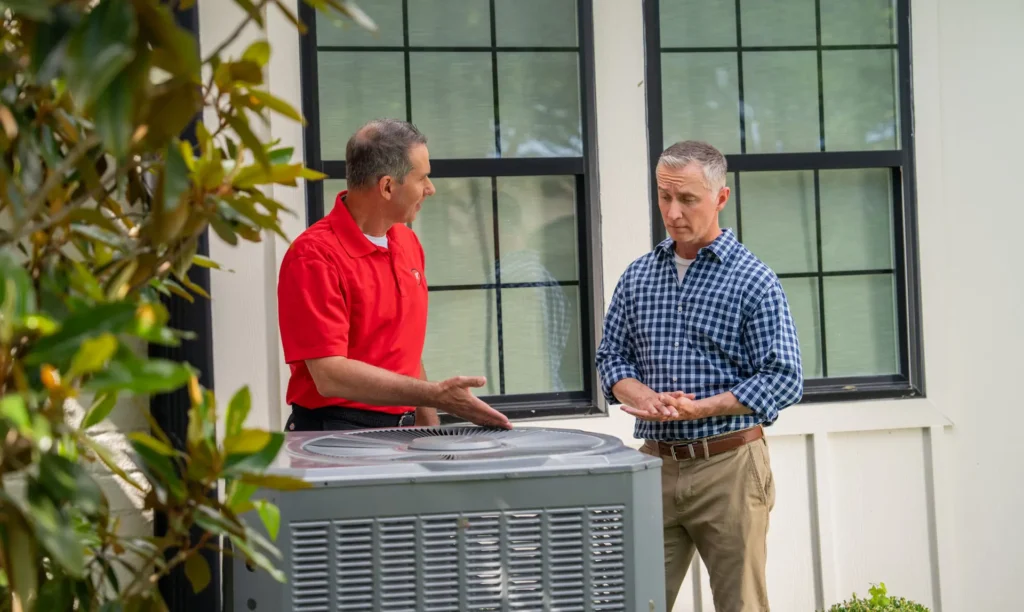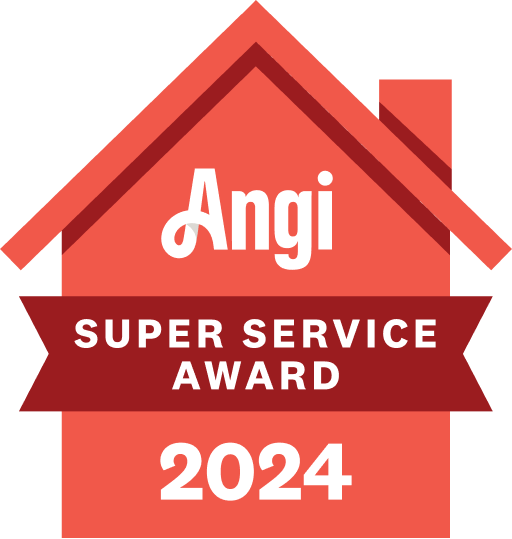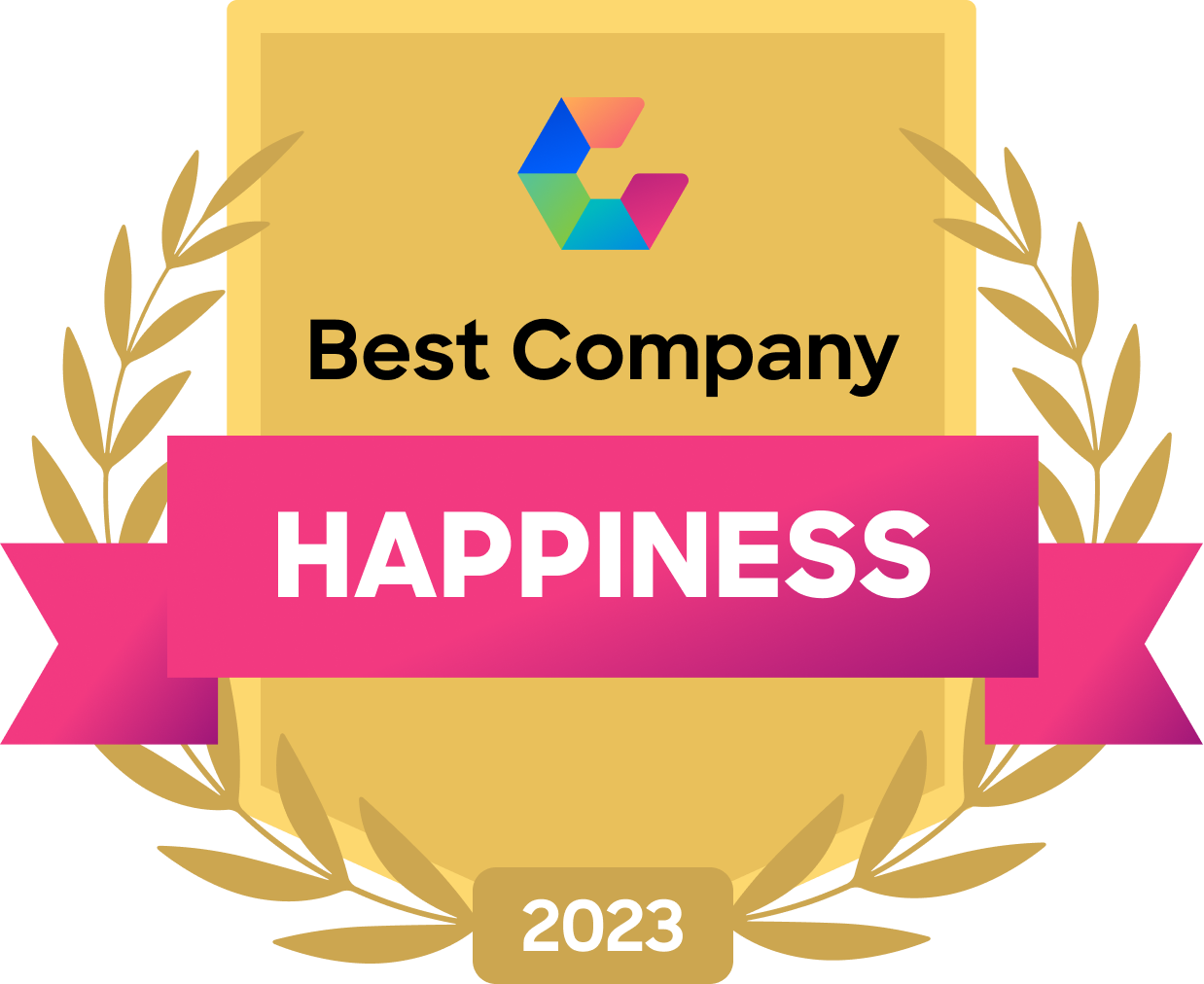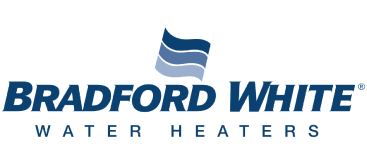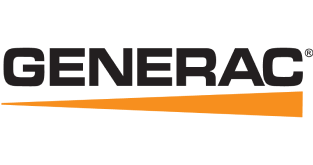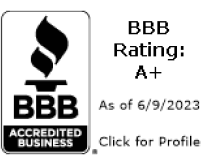- Heating
-
-
-
Interested in Financing?
Apply for financing in minutes through Greensky’s credit plans!
The Comfort+ Membership
Around the year protection for all your home's needs.
-
-
-
- Cooling
-
-
-
Interested in Financing?
Apply for financing in minutes through Greensky’s credit plans!
The Comfort+ Membership
Around the year protection for all your home's needs.
-
-
- Plumbing
-
-
-
Interested in Financing?
Apply for financing in minutes through Greensky’s credit plans!
The Comfort+ Membership
Around the year protection for all your home's needs.
-
-
- Drains
-
-
-
Interested in Financing?
Apply for financing in minutes through Greensky’s credit plans!
The Comfort+ Membership
Around the year protection for all your home's needs.
-
-
- Electrical
-
-
-
Interested in Financing?
Apply for financing in minutes through Greensky’s credit plans!
The Comfort+ Membership
Around the year protection for all your home's needs.
-
-
-
- Generators
- Garage Doors
- Commercial
-
-
-
Interested in Financing?
Apply for financing in minutes through Greensky’s credit plans!
The Comfort+ Membership
Around the year protection for all your home's needs.
-
-
- Offers
- Memberships
- Online Store
- About Roth
- Contact Us


